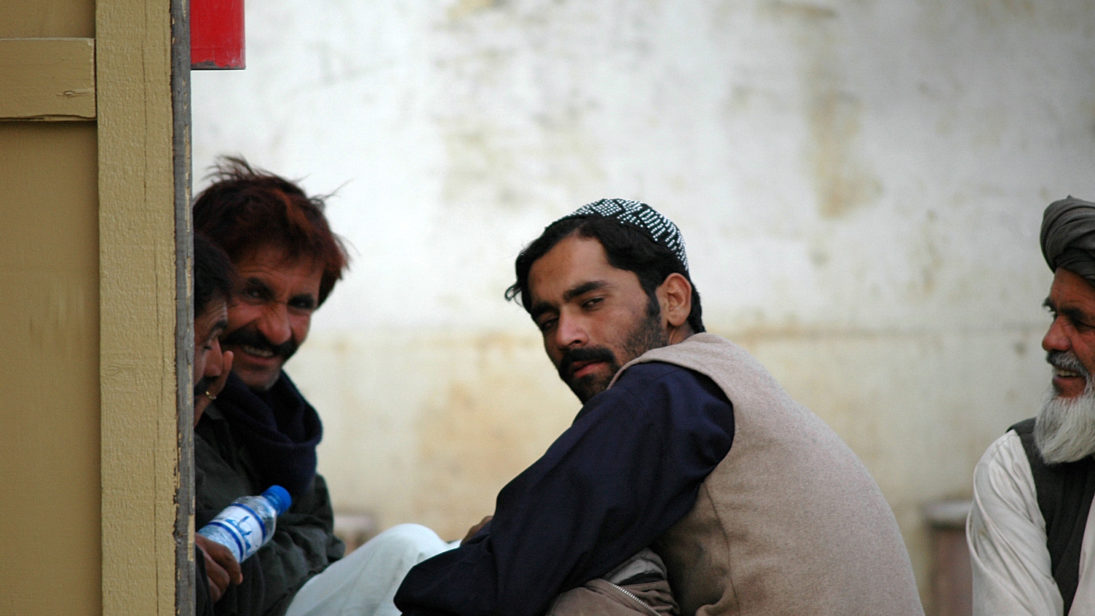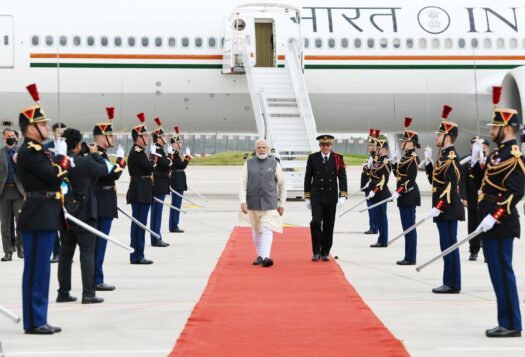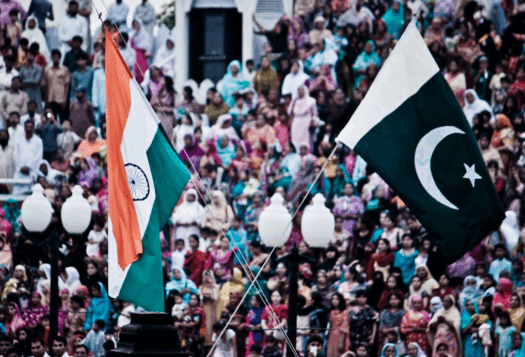
South Asia, a highly significant region for international politics, remains grounds for political trust and mistrust. Pakistan, India, and Afghanistan have a grave trust deficit amongst themselves. Despite being immediate neighbors, having a shared history, and sharing numerous cultural norms, the trust gulf is quite wide. Dynamic global and regional politics have further widened this relational gap. Furthermore, contemporary world issues and several historical rivalries, incidents, and disputes have affected the mutual relationships of these states. This approach of mistrust is not only affecting mutual relations, but also compromising regional stability at-large.
Pakistan and India: Deeply Engraved Mistrust
Inhabitants of this land, separated in 1947, share an extensive history of mistrust. Since inception, both states are more or less at loggerheads. Current political and military relations are one aspect of the picture. Recent border skirmishes, the cancellation of NSA talks, and another hold on cricket series exemplify Pakistan and India’s relationship. The aura of hostility is mainly derived from a trust deficit. The neighbors have never been on the same page on most critical issues, be it the Kashmir conflict, terrorism, a nuclear capability race, or military clashes. Suspicion and untrustworthiness are constant. After every clash or conflict, the blame game starts. Incidents such as the Mumbai Attacks and Samjhota Express are a few of many.
A lack of trust has not only fueled previous bilateral issues, but also has had implications on regional politics. Both sides interpret the economic and strategic policies of the other with suspicion. Some examples include the increasing Indian role in Afghanistan, Pakistani-Chinese economic cooperation, Pakistani support of the Kashmir movement, and Indian-Iranian economic relations. Both states are key players in the region; thus, the hostility between them negatively affects regional stability.
Pakistan-Afghanistan Relations: Story of Trust Deficit and Blame Game
The blame game and mistrust are the gravest issues between these two neighbors. Since inception in 1947, the border issue has dominated their relationship. In the post 9-11 era, the blame game of cross-border terrorism is top priority of their foreign policies. Former Afghan president Hamid Karzai deemed Pakistan responsible for internal instability in Afghanistan. This precedent continues in the current Afghan government.
After the election of President Ashraf Ghani, relations seemed to move toward the right track. However, they have derailed yet again. In light of recent terrorist activities in Afghanistan, the Afghan president blamed Pakistan for this phenomenon. Similarly, Pakistan has blamed Afghanistan for instability within its borders, specifically concerning the Peshawar school attack. Pakistani authorities stated that it was planned, controlled, and operationalized from Afghan territory. An Afghan delegation recently went to Pakistan with the demand of taking serious steps to curb these elements. A military strategy and operation was launched to root out the militant outfits from the Pakistan-Afghanistan border region, but remained unsuccessful due to a large sense of mistrust.
Theoretical Analysis
Andrew Kydd’s theory of Trust and Mistrust in International Relations provides a detailed picture of the relations among South Asian states. Kydd defines trust as “a belief that the other side prefers mutual cooperation to exploiting one’s own cooperation, while mistrust is a belief that the other side prefers exploiting one’s cooperation to returning it.” In other words, trust is a reciprocal activity. Both parties will cooperate if they have assurance that the other side will not manipulate its trust. Suspicion and a lack of trust will ultimately lead to escalation of conflict and more hostility. The theory was devised and analyzed in the context of the Cold War. The basic idea is that the Cold War was the result of mistrust between the United States and the Soviet Union.
A cursory look at South Asian politics will clearly highlight that the basic idea of this theory is conveniently applicable in the politics of this region. States have acquired a lack of trust for each other. The activities and intentions of states are being cautiously observed with suspicion by their neighbors. The tension and strain at the state-level is also seen at the level of the masses. With the political elite, the common people are far apart in the matter of trust. The mistrust among the people has nullified the significance of a shared history and cultural affinity.
Recommendations
Following are some suggestions to resolve the issue of mistrust among South Asian states:
- A constant and official communication channel should be established between the leaders of these states. Example can be taken from the hotline between U.S. and Soviet leadership, which proved to be critically useful on a number of occasions.
- Use of economic tools should be adopted by these states. These states have significant economic advantages, markets, and geo-strategic importance. Economic interdependence will surely reduce the constant hostility among them.
- Sports Diplomacy could play a crucial role to resolve trust issues as all these states share common interest in sports culture. This diplomacy has reduced tension before between Pakistan and India in the General Zia era.
- Common culture, values, and norms may be the best option to utilize in order to lessen enmity. People-to-people contact will ultimately enhance cordial relations and subsequently affect political and military relations.
Conclusion
South Asia, being a crucial region for international politics, holds a critical global status. Instability does not only affect the region, but also has implications for global politics. Mistrust is a major reason contributing to instability. Thus by building trust measures at political, military, economic, and most importantly social levels, regional stability can be attained on strong grounds.
***
Image: William Huff, Flickr


